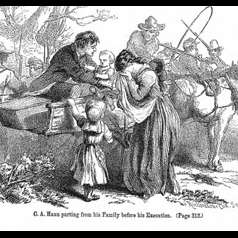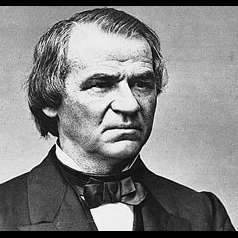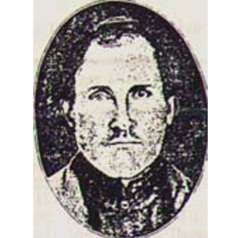Scotland-born Kate Cumming faced a significant decision with the outbreak of the Civil War in 1861: return to England with her two sisters and her mother, or remain in Alabama with her father and brother, who had joined the Confederate army. Ultimately, Cumming remained in Alabama. After hearing a passionate plea for support of the Confederate war effort following the bloody Battle of Shiloh in April 1862, Cumming volunteered as a nurse and began treating the battle’s wounded at Corinth, Mississippi, where the Confederate army retreated following the loss at the Shiloh. Here Cumming first encountered “the condition of an army immediately after battle.” Cumming, one of a number of women volunteers from Mobile, Alabama, commenced her work straight away in one of the many improvised hospitals in the city. Witnessing the horrors of battle for the first time, Cumming was shocked at the hospital scenes: “[Confederate and Federal soldiers were] mutilated in every imaginable way, lying on the floor, just as they were taken from the battle-field; so close together that it was almost impossible to walk without stepping on them.” After a week of working among the nightmares of a wartime hospital, only Cumming and one other remained. In addition to providing medical care, Cumming oversaw laundry, composed letters for the soldiers, prepared meals, and delivered supplies. By September 1862, the Confederate military began officially recognizing women’s support roles within the medical department, and Cumming was conferred the rank of matron (supervisor of hospital operations). While serving in Chattanooga, Cumming saw many soldiers taken prisoner at Fort Donelson (February 1862) and the arrival of wounded from the Battle of Stones River (December 31, 1862 to January 2, 1863). Often criticized by aristocratic ladies who described hospital work as improper for a lady, Cumming continued her work through the end of the war. Her dedication to the wounded and dying gained the attention of Samuel H. Stout, Confederate Medical Director of Hospitals, who commended her for her “self-denying and heroic benevolence.”
Tools
Key Facts
- Volunteered as a nurse in improvised Mobile, AL, hospital
- Served in Chattanooga
- Achieved rank of Matron (supervisor of hospital operations)
- Criticized by aristocratic families for doing "unladylike" work





